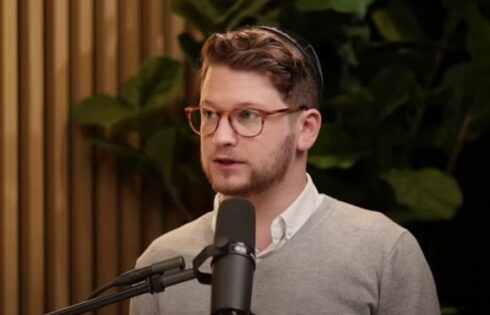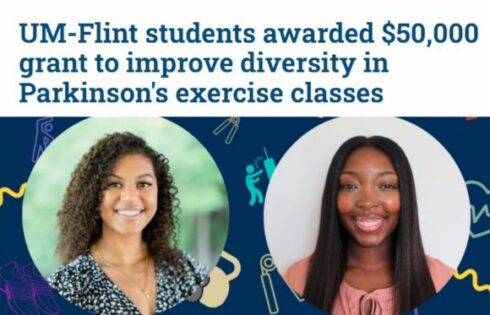
About 13 percent of professors are strongly conservative, according to a review of 4,000 scholars’ social media posts, findings of a new study to be published in the Review of Higher Education.
The survey was done between 2021 and 2022 and used an “algorithm that scored their politics by evaluating their likes, posts, followings, and interactions on the website formerly known as Twitter,” reported the Chronicle of Higher Education.
The research reviewed the online comments of faculty members at more than 500 institutions, finding that “the professoriate’s political persuasions are more diverse than previous survey-based research would suggest,” the Chronicle reported.
“The findings come as many conservative policymakers have sought to rein in a perceived left-leaning bias in academe, often drumming up fear over suspected liberal indoctrination. The authors of the study argue that those claims are exaggerations, and hope the paper will give academics some ‘firepower’ to push back on those characterizations,” it added.
In contrast, the Chronicle cited a 2013 study which found only around 9 percent of professors identified as strongly conservative.
Nicholas Havey, the American Association of Colleges of Nursing’s director of institutional research who conducted the survey, could not be reached for comment by The College Fix to ask when the study will be published and for a copy. The Chronicle also could not provide a copy.
The Chronicle’s piece, published July 26, billed the findings as proof there are more conservative professors now, with the headline: “Actually, There Are More Conservatives on the Faculty Than You Think, Study Finds.”
Havey’s findings fall in line with a national survey of 1,491 faculty at four-year colleges and universities conducted by the Foundation for Individual Rights and Expression published last year.
Asked to weigh in on the new study, Samuel Abrams, a professor of politics and social science at Sarah Lawrence College who has tracked political leanings within the academe for years, voiced concerns about its methodology.
“Scrapping online accounts does not mean they have anything close to a representative sample on what faculty think, where faculty are personally, or gives you a fair picture of what reality looks like,” he told The College Fix in a recent telephone interview.
He said looking at social media posts does not provide an altogether accurate picture.
“There are a number of folks who are very active on social media that are conservative and there are many liberals who are very active in social media, but it doesn’t mean that is representative whatsoever of the overall population,” Abrams said. “You are not capturing any of their voices and you are not getting a real picture of what’s going on at all.”
He also argued the results could also be due to more conservative scholars finally feeling confident speaking up thanks to free speech groups proactively protecting unpopular speech. He cited groups such as Heterodox Academy and the American Council of Trustees and Alumni.
“We don’t know that the number is equitable or fair based on how they did the survey, but thanks [to various groups], people are more comfortable speaking out that they are right of center on things,” Abrams said. “That was a lot harder to do 10 years ago.”
“The other issue is, quite frankly, we now have more opportunities thanks to a number of moves in the last couple of years to promote conservative thinking,” he added.
However, most right-leaning faculty members still often find it hard to express their beliefs in the left-leaning dominant higher education scene, he said.
“I’m tenured and a known person and it’s still dangerous for me to do it,” said Abrams, who was the target of a campus cancel culture campaign in 2018 when he published his findings that liberal administrators far outweigh conservative ones.
“The fact of the matter is, whether you like it or not, for certain awards, for tenure, for promotion, for time off, you still have to play nice to the deans, faculty, and staff at your institution,” he said.
“In many cases it’s better to keep your head down and not talk about this stuff and not express yourself.”
MORE: New president of American Assn. of University Professors: J.D. Vance is ‘fascist’
IMAGE: Shutterstock
Like The College Fix on Facebook / Follow us on Twitter






Please join the conversation about our stories on Facebook, Twitter, Instagram, Reddit, MeWe, Rumble, Gab, Minds and Gettr.